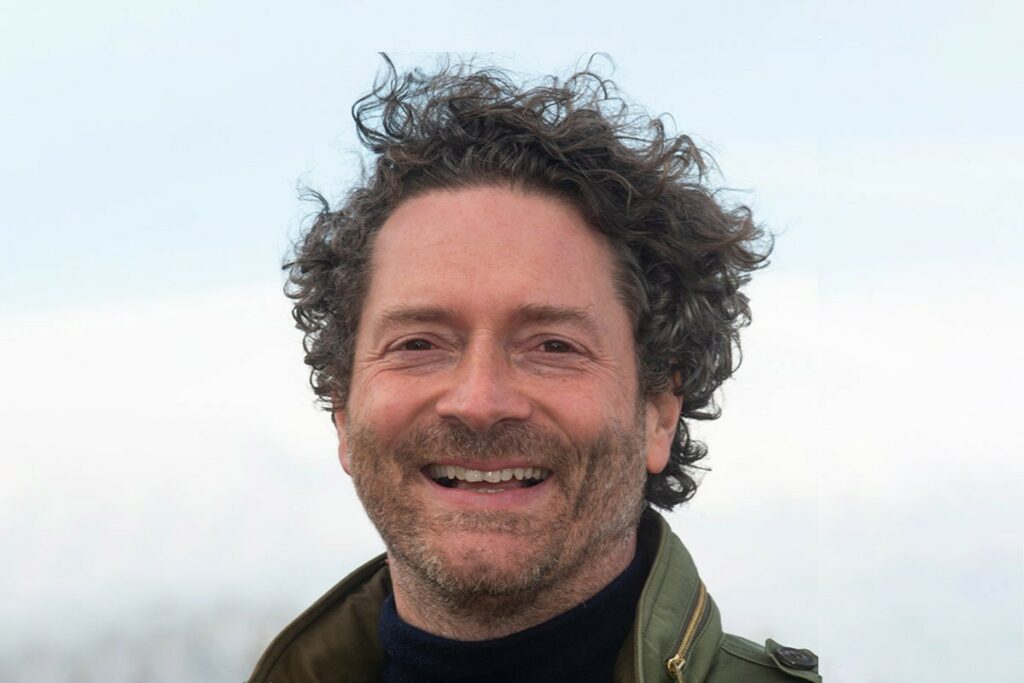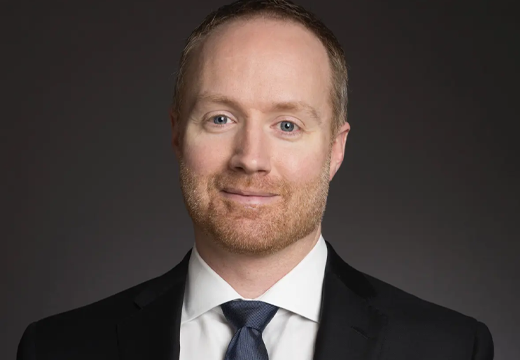Bloomberg’s ‘Bad Shrimp’ Story Ignores Role Of Third-Party Aquaculture Certification In Preventing Antibiotic Abuse
The Global Aquaculture Alliance would like to weigh in on the Dec. 15 Bloomberg Businessweek article “How Antibiotic-Tainted Seafood From China Ends Up on Your Table.”
The article failed to address the progress that’s been made in preventing the abuse of antibiotics in aquaculture via third-party certification programs like GAA’s Best Aquaculture Practices and therefore offered an unbalanced account of the state of the global aquaculture industry, which represents half of global seafood consumption.
More than 100 retail and foodservice companies and seafood suppliers worldwide are publicly committed to sourcing seafood from BAP-certified processing plants, farms, hatcheries and feed mills, of which there are more than 1,500 worldwide. Retail and foodservice seafood buyers worldwide increasingly require the third-party assurance that the BAP program provides to ensure that facilities apply responsible aquaculture practices that minimize environmental impacts, respect workers’ rights and produce wholesome products. BAP-certified facilities are subject to annual audits conducted by an independent third-party auditor.
Restrictions on antibiotic use are addressed in great detail in both the BAP finfish and crustacean farm standards and BAP seafood processing plant standards.
In the BAP finfish and crustacean farm standards, prohibited antibiotics, drugs and other chemicals are forbidden, and farms are required to record any antibiotic use. If antibiotics that are not prohibited for use in both the local and importing country are used for therapeutic purposes, residue tests are required after the withdrawal period to ensure food safety regulations are met.
In the BAP seafood processing plant standards, processors and third-party laboratories are required to collect random samples from finished product to test for antibiotic residues, which is also part of the HACCP plan requirements and supplier performance monitoring requirements. Third-party auditors also collect random samples for testing during the auditing process.
Further, GAA recently developed and implemented a more rigorous risk-based testing methodology that will require automatic heightened testing of processing plants where residues of prohibited antibiotics are detected. In addition to BAP, GAA is involved in pre-competitive activities meant to move the needle forward on responsible aquaculture, including preventing the abuse of antibiotics in aquaculture. Along with stakeholders from industry, government, academia and the environmental community, GAA addresses these issues in great detail at its annual GOAL conference, in its Global Aquaculture Advocate news website and in its online learning program, administered by GAA’s Responsible Aquaculture Foundation.




